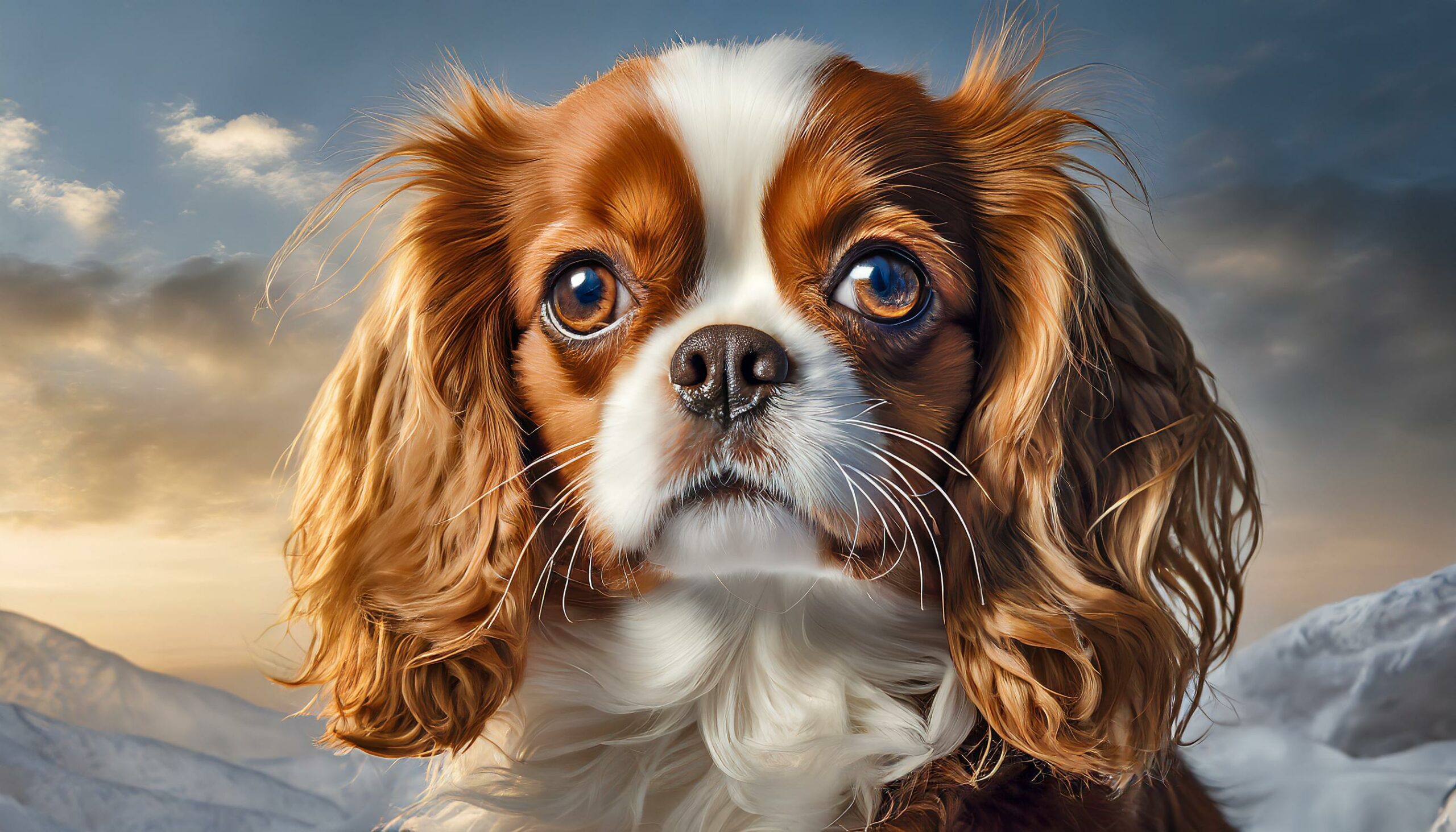The Cavalier King Charles Spaniel, with its expressive eyes, silky coat, and gentle demeanor, is a breed that exudes nobility and charm. Originating from the United Kingdom, this toy breed has captured the hearts of royalty and commoners alike with its elegance, intelligence, and affectionate nature. Known for their adaptability and friendly disposition, Cavaliers make excellent companions for families, singles, and seniors, thriving in various living environments. This profile explores the Cavalier King Charles Spaniel’s origins, physical characteristics, temperament, care needs, and suitability as a cherished family pet.
Origins and History
The Cavalier King Charles Spaniel’s lineage can be traced back to the spaniels favored by British nobility in the 16th, 17th, and 18th centuries. These dogs were not only cherished companions but also depicted in portraits with their aristocratic owners, showcasing their regal status. The breed as we know it today was developed in the 1920s, as an effort to revive the longer-nosed spaniel type seen in historic paintings. Named after King Charles II, who was particularly fond of these spaniels, the Cavalier King Charles Spaniel was recognized as a distinct breed by the Kennel Club in the UK in 1945 and has since gained worldwide popularity.
Physical Characteristics
Cavalier King Charles Spaniels are small dogs, weighing between 13 to 18 pounds and standing about 12 to 13 inches at the shoulder. They possess a silky, medium-length coat that comes in four distinct color patterns: Blenheim (chestnut and white), Tricolor (black/white/tan), Black & Tan, and Ruby. Their large, dark eyes and sweet expression are among their most endearing features, conveying a sense of warmth and intelligence. Cavaliers are known for their graceful, flowing movement, embodying both elegance and athleticism.
Temperament and Behavior
Cavaliers are renowned for their gentle, affectionate temperament. They are highly social dogs that thrive on companionship, forming strong bonds with their families. Their friendly nature makes them excellent with children and other pets, including dogs and cats. Despite their royal lineage, Cavaliers are not aloof; they are eager to please and enjoy being involved in family activities. Their intelligence and willingness to learn make them responsive to training, although their sensitive nature requires a gentle approach.
Care and Health
The Cavalier King Charles Spaniel’s coat requires regular grooming to prevent matting and to maintain its lustrous appearance. They are relatively active dogs that benefit from daily walks and play sessions to keep them physically and mentally stimulated. Cavaliers are prone to certain health issues, including mitral valve disease (a heart condition), syringomyelia, and hip dysplasia. Regular veterinary check-ups, a balanced diet, and preventive care are essential to ensure their well-being and longevity.
Training and Socialization
Early socialization and training are important for Cavaliers to develop into well-adjusted and confident dogs. They are naturally sociable and generally get along well with everyone, but exposure to different people, animals, and environments helps reinforce positive behaviors. Cavaliers are quick learners who respond well to positive reinforcement techniques, making training a rewarding experience for both dog and owner.
The Cavalier King Charles Spaniel in the Family
The Cavalier King Charles Spaniel makes a wonderful addition to any family, offering a perfect blend of affection, elegance, and companionship. Their adaptable nature allows them to thrive in both urban and rural settings, as long as they are provided with love and attention. For families, singles, or seniors seeking a loyal, loving, and graceful companion, the Cavalier King Charles Spaniel is an exceptional choice, enriching the lives of those who welcome them into their homes.
In conclusion, the Cavalier King Charles Spaniel stands as a breed that effortlessly combines regal beauty with a loving heart. Their adaptability, friendly disposition, and affectionate nature make them cherished companions across the globe. For those willing to provide the necessary care, exercise, and companionship, Cavaliers offer endless joy and affection, embodying the true spirit of a family dog.
